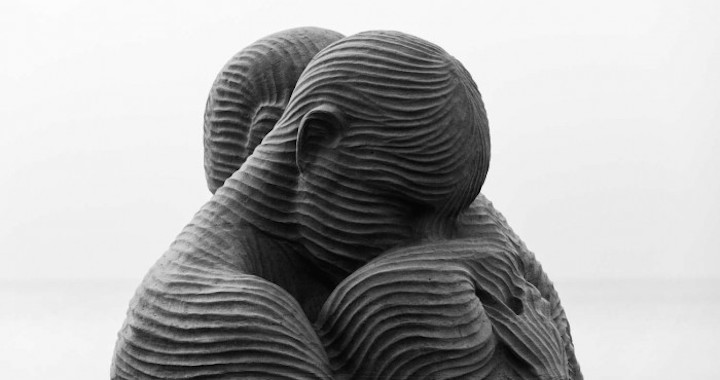As a kid raised in a conservative Baptist home, I was taught that sexual sins were much worse than the everyday, garden variety vice. We heard a lot about staying pure and straight. Jesus would reward virgin girls with an extra jewel in their heavenly crown, if we saved ourselves for marriage.
But the worst sexual sin was homosexuality.
I was told that the “gay lifestyle” was a choice, and that people who made that choice would suffer terrible consequences of depression and even suicide.
This didn’t make much sense. I was really into art in my public high school, many of my friends were gay or lesbian, and they didn’t seem any more depraved or depressed than anyone else.
I got older. When I was 17, I went to a fundamentalist Bible school, where I also met gay friends. Things were different. They were, of course, closeted because of the fear of being thrown out of school and shunned by their families.
At first, I tried to separate things—hate the sin and love the sinner. When I continued to call it a “lifestyle, ” a friend gently smiled and said, “Carol, I didn’t choose this, anymore than you choose to be attracted to men.” And with that, the tidy wall I built between the action and the person crumbled.
When I became an adult, I began to see that being LGBTQ wasn’t actually hurting anyone, but my faith was hurting a lot of people. At the Bible college we forced people to stay closeted and drove them into sham marriages. Students were sent to conversion therapies and worked really hard to be ex-gay. Parents were encouraged to use “tough love” and scare them straight, and so I heard horrifying stories of abuse. We shunned anyone who didn’t uphold gender norms and we continually degraded sex. I saw wounded people and shattered lives, and I was aching. I anguished with their pain and my self-righteous piety began to sicken me.
Eventually, I had a faith crisis. Jesus said, “There is no greater love than this: to lay down one’s life for one’s friends.” So how could I be a part of such horrifying practices against my friends? And if I loved them, as a mere mortal, how much more did God love them? Would Jesus really condone such religious abuse in God’s name? I knew that I had to leave Christianity, because I could no longer be a part of ripping up the lives of those I loved.
But could there be another way? Could I stay true to my faith and to those I loved?
I had always been a devout child, and had read the Bible cover-to-cover dozens of times. So I knew that the Bible did not actually line up with my conservative views of morality with any tidy succinctness. I knew about the genocides that God commanded. I had read the horrifying laws on slavery. As a little girl, I was stunned to find out that if a woman was raped, she would have to marry the man who raped her. If a woman’s hand touched a man’s private parts during a fight, her hand was to be cut off. Women were defying the tidy roles we set up all the time.
And if there was anything in the Bible that was truly messy, it was the concept of marriage. Perhaps it was because I read of these relationships as a little girl—imagining myself in Esther’s harem, or as one of Solomon’s 700 concubines. It was easy for me to identify with the women as I thought about what it would be like to have a bride price, and watch my future go to the highest bidder. I knew that if there was ever a tenuous idea in the text, it was that of marriage between one man and one woman. It was barely existent in Scripture. The idea of loving relationships seemed to be utterly dynamic.
Since I had read the Bible so many times, I never really held to a literalist view of Scripture. I mean, women were getting stoned on a regular basis in those pages, clearly things had changed. But the Bible was still the heartbeat of my life. I expanded with the poetry and beauty of the words.
I needed to read the text differently, so that I could have some way to sort out what to cling to. “The letter kills, ” as 2 Corinthians says, “but the Spirit gives life.” I could see how my friends suffered when they struggled with their sexuality. I had seen people use the blunt force of religion to abuse children and shun adults. How could I move with the Spirit and leave behind the murderous letters?
I began to use the lens of love to read the texts. God is love. Our greatest command is love. Love became my hermeneutic, my method of interpreting culture-bound norms and relationships.
I can’t tell you the weight that lifted when I became free to love, without judgment or reserve. When I began to understand that I could repent of the toxicity of my religion. I could celebrate the love that my LGBTQ friends shared and realize that God made us with a myriad of sexual longings and desires.
God is love. And with that simple, beautiful fact, I changed my mind.

